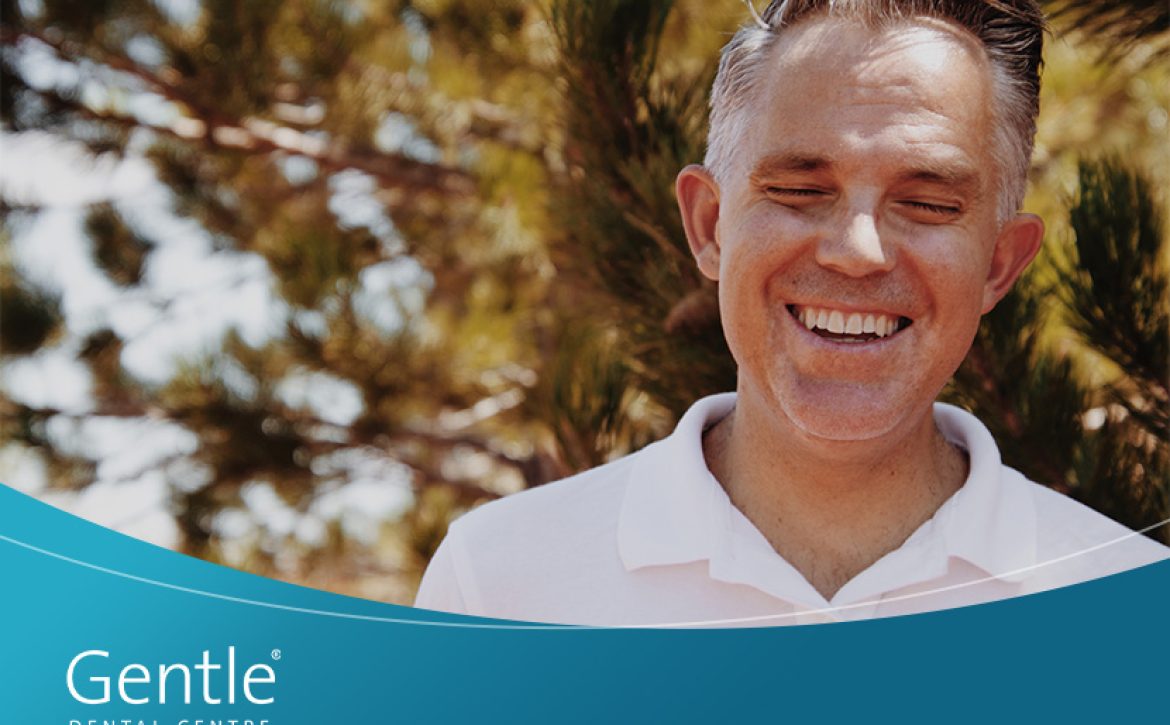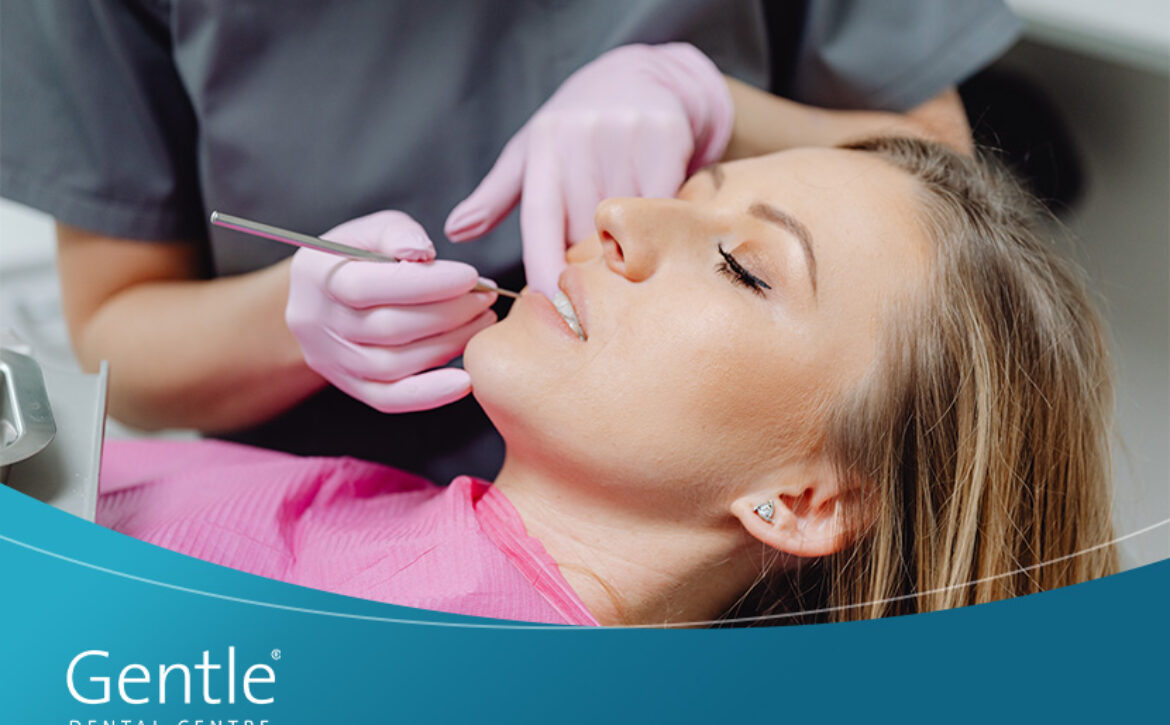What are the causes of sore gums?
Many people don’t visit the dentist when they are experiencing sore gums. Since the pain is often less severe than toothache, sore gums are often overlooked. However, experiencing pain in your gums could be a sign of early gum disease.
Brushing or flossing too hard
Sore gums can be caused be a range of things including brushing or flossing. If you don’t usually experience sore gums, switching to a hard bristled toothbrush or flossing too hard can be enough to cause irritation and bleeding.
Take note of what type of toothbrush you have. If the bristles are hard or medium strength, they may irritate your gums. Try switching to a soft bristled brush and brushing and flossing gently around the mouth. You do not need to apply much pressure to your brush or floss to get a thorough clean.
Gum disease
If you are experiencing sore gums, it could be a sign of early gum disease. Gingivitis is a mild form of gum disease. Symptoms include swollen or sore gums and bleeding when flossing and brushing. Periodontitis is an advanced stage of gum disease and left untreated can lead to tooth loss and oral health problems.
If your gums look swollen, feel tender and bleed easily you may have gum disease. The best response is to see your dentist immediately.
Diet
Your diet can have a big effect on the health of your teeth and gums. Vitamin C helps keep the connective tissue found in our gums healthy and strong. Sailors lacking fruit and vegetables in their diet often suffered from diseases like scurvy, which causes the gums to bleed and bruise. While scurvy is no longer very common, a lack of vitamin C can still cause sensitivity or bleeding gums.
Vitamin A deficiency has also been linked to gum disease and other oral health concerns. Orange fruits and vegetables, oily fish, egg yolk, kumara, carrots, capsicum and pumpkin are all high in vitamin A and help keep your gums healthy.
Adding more fresh fruits and vegetables to your diet or taking a multi-vitamin every day can help improve the health of your gums.
Smoking
Smoking affects your oral health in many ways and can cause sore gums. The tobacco and carcinogens found in cigarettes can irritate the gum tissue and cause the gums to loosen over time. This provides more room for bacteria to settle around the teeth and gum disease to take hold.
If you suffer from gum disease and smoke your gums will find it harder to recover from gingivitis or periodontitis. Quitting smoking is one of the best things you can do for the health of your teeth and gums.
Poor oral hygiene
Poor oral hygiene is a contributing factor to experiencing sore gums. If you aren’t brushing and flossing regularly and thoroughly, plaque and tartar can build up on the backs of your teeth and irritate the gums.
If you struggle to find time to brush your teeth establish a morning or nightly routine that works for your schedule. You don’t have to wait until you have had breakfast to brush your teeth. In fact, brushing your teeth when you first wake up in the morning has been proven to be more effective.
Struggle to brush right before bed? Try brushing your teeth two hours after dinner instead. Establishing oral hygiene habits you can stick to is important for the health of your teeth and gums.
What prevents sore gums?
A regular oral hygiene routine will help keep your gums healthy. Brushing twice a day for two minutes, flossing once per day and using fluoride toothbrush all help keep plaque and tartar at bay.
If you are looking after your teeth and gums and are showing signs of gum disease, take a look at your diet and lifestyle. Reducing stress, getting enough sleep, quitting smoking, eating well and regularly exercising all help to keep your body healthy.
Sore gum treatment
If you are experiencing sore gums, the first thing you should do is see your dentist. They can examine your mouth for signs of gum disease. They will also be able to provide a treatment plan for gingivitis or periodontitis and schedule you in for a hygiene checkup to remove stubborn tartar from the hard-to-reach parts of your teeth. Book an appointment with Gentle Dental today.


